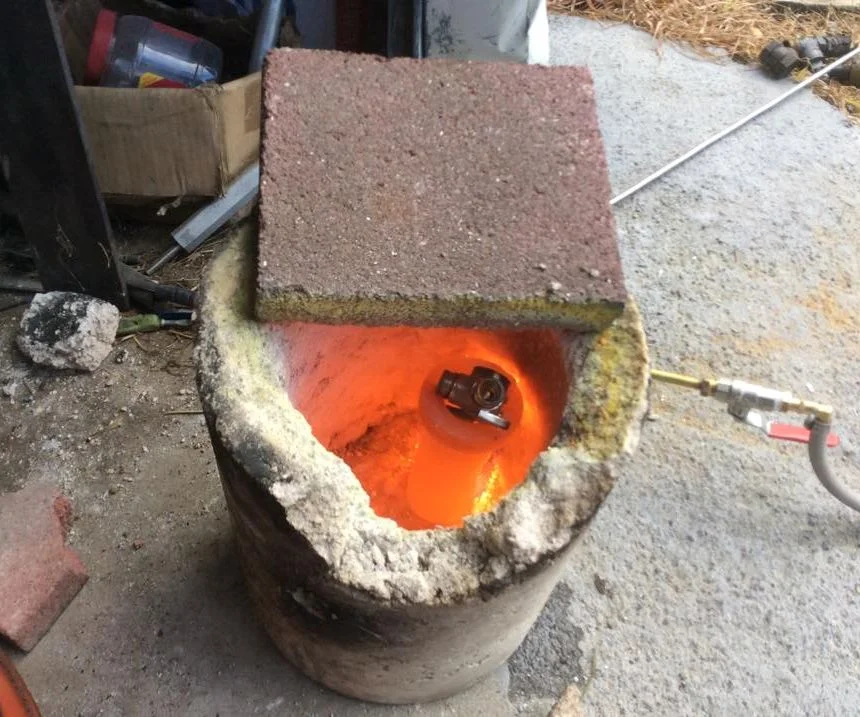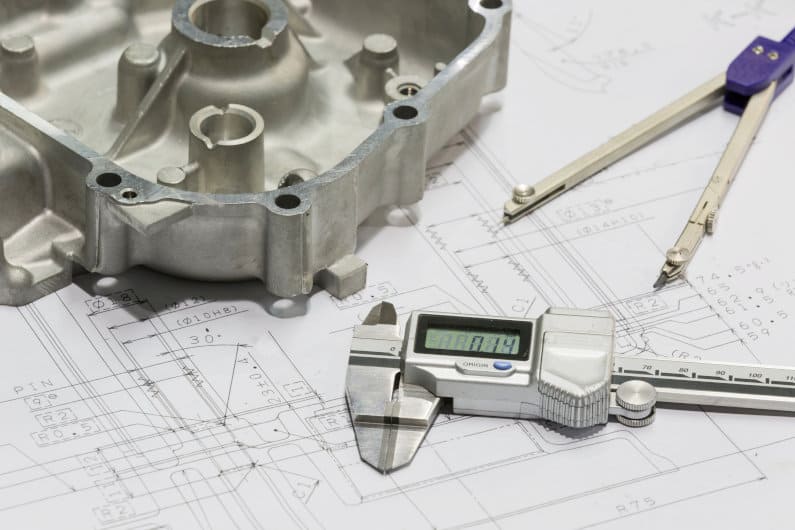The Of Alcast Company
The Of Alcast Company
Blog Article
Not known Factual Statements About Alcast Company
Table of ContentsThe Buzz on Alcast CompanyAlcast Company - The FactsAlcast Company Can Be Fun For AnyoneThe Definitive Guide to Alcast CompanyWhat Does Alcast Company Mean?Alcast Company - The Facts
The subtle difference depends on the chemical content. Chemical Contrast of Cast Aluminum Alloys Silicon promotes castability by minimizing the alloy's melting temperature and enhancing fluidity throughout spreading. It plays a crucial role in permitting detailed mold and mildews to be loaded properly. In addition, silicon adds to the alloy's toughness and use resistance, making it beneficial in applications where longevity is critical, such as automotive parts and engine components.It additionally enhances the machinability of the alloy, making it less complicated to refine into finished products. This way, iron adds to the total workability of aluminum alloys. Copper increases electrical conductivity, making it beneficial in electric applications. It additionally boosts rust resistance and includes in the alloy's total toughness.
Manganese contributes to the strength of light weight aluminum alloys and boosts workability (aluminum casting company). It is generally made use of in functioned aluminum products like sheets, extrusions, and accounts. The presence of manganese aids in the alloy's formability and resistance to fracturing throughout construction procedures. Magnesium is a lightweight aspect that supplies stamina and impact resistance to aluminum alloys.
Not known Details About Alcast Company
Zinc improves the castability of aluminum alloys and aids regulate the solidification procedure during casting. It boosts the alloy's toughness and firmness.

The key thermal conductivity, tensile stamina, yield toughness, and elongation vary. Among the above alloys, A356 has the highest possible thermal conductivity, and A380 and ADC12 have the least expensive.
A Biased View of Alcast Company

In accuracy casting, 6063 is fit for applications where complex geometries and high-quality surface area coatings are extremely important. Examples include telecommunication enclosures, where the alloy's exceptional formability enables smooth and cosmetically pleasing styles while keeping structural stability. In the Lighting Solutions market, precision-cast 6063 components produce elegant and effective lighting fixtures that require detailed shapes and excellent thermal efficiency.
The A360 shows superior prolongation, making it optimal for complicated and thin-walled components. In accuracy spreading applications, A360 is fit for sectors such as Consumer Electronic Devices, Telecommunication, and Power Tools.
The Basic Principles Of Alcast Company
Its unique buildings make A360 a useful selection for have a peek at this site accuracy spreading in these markets, boosting product resilience and quality. Light weight aluminum alloy 380, or A380, is a commonly used spreading alloy with numerous distinct qualities. It provides exceptional castability, making it a suitable selection for precision casting. A380 displays good fluidness when molten, making certain complex and in-depth mold and mildews are properly duplicated.
In accuracy casting, light weight aluminum 413 radiates in the Customer Electronics and Power Equipment markets. This alloy's premium corrosion resistance makes it an exceptional selection for exterior applications, making certain long-lasting, sturdy products in the stated markets.
More About Alcast Company
The light weight aluminum alloy you choose will considerably influence both the spreading process and the residential or commercial properties of the last item. Because of this, you have to make your choice thoroughly and take an educated strategy.
Identifying the most suitable aluminum alloy for your application will mean evaluating a wide selection of attributes. These relative alloy features comply with the North American Die Spreading Association's guidelines, and we've split them right into two groups. The initial group addresses alloy attributes that impact the production procedure. The 2nd covers characteristics influencing the properties of the end product.
The Of Alcast Company
The alloy you choose for die spreading directly impacts numerous facets of the casting procedure, like how very easy the alloy is to deal with and if it is vulnerable to casting problems. Warm splitting, likewise known as solidification breaking, is a normal die casting flaw for light weight aluminum alloys that can cause inner or surface-level splits or fractures.
Specific aluminum alloys are more at risk to hot cracking than others, and your choice must consider this. It can damage both the actors and the die, so you should look for alloys with high anti-soldering homes.
Rust resistance, which is currently a notable characteristic of light weight aluminum, can vary considerably from alloy to alloy and is an essential characteristic to think about depending on the environmental conditions your product will be exposed to (Aluminum Castings). Put on resistance is another building frequently looked for in aluminum items and can set apart some alloys
Report this page